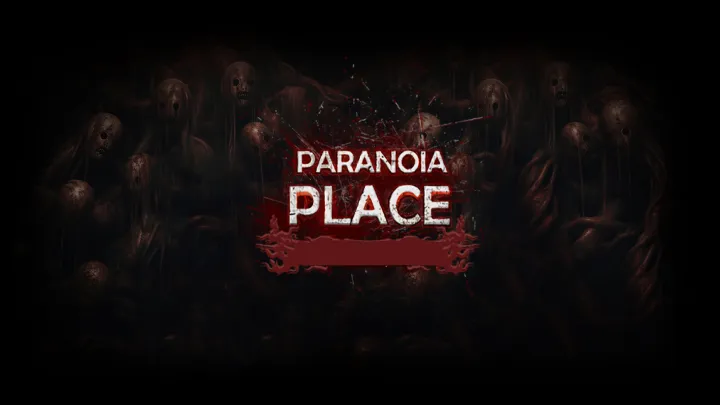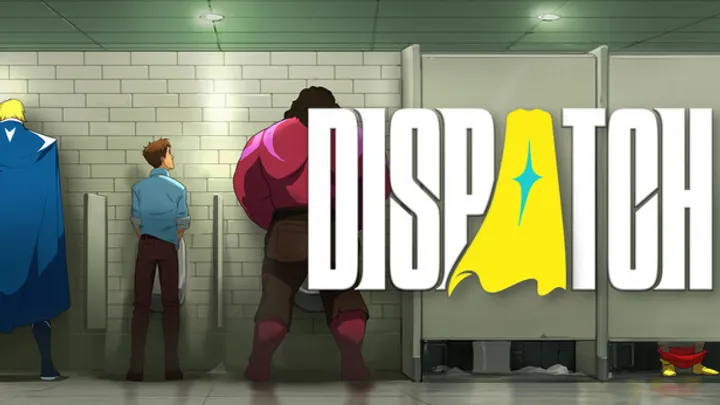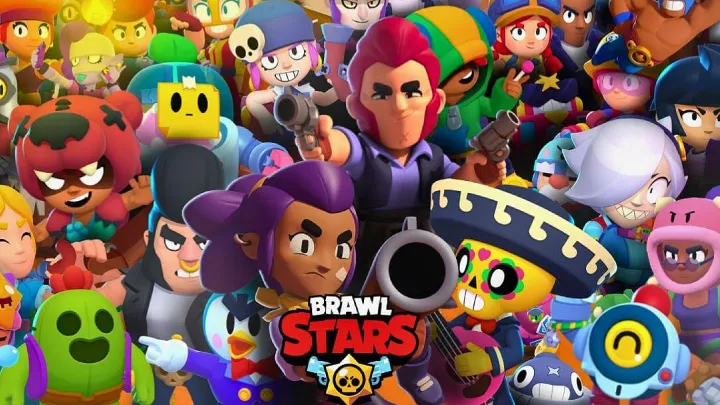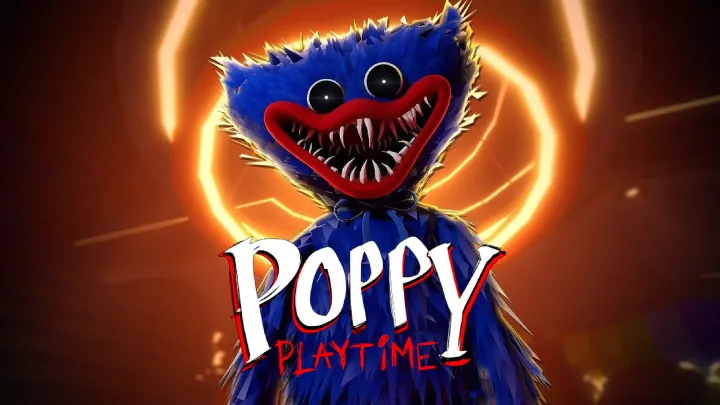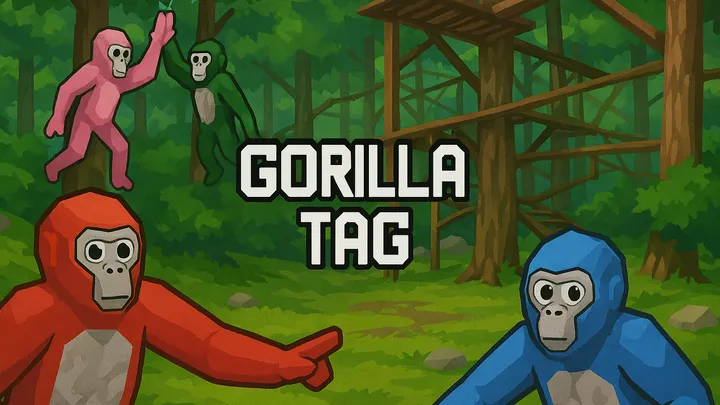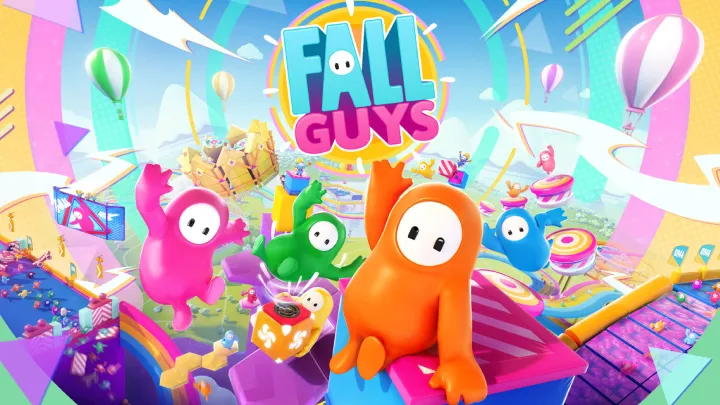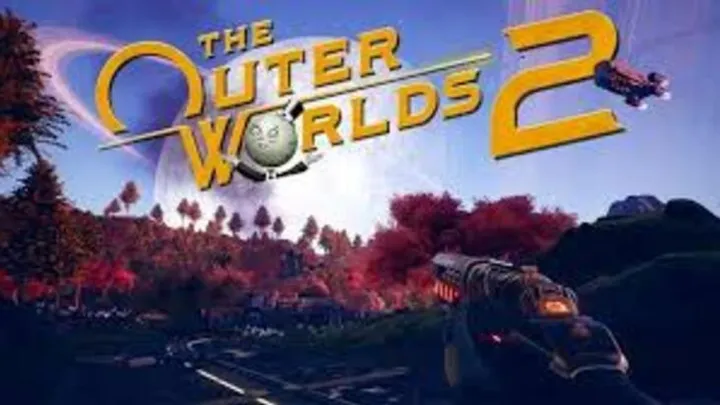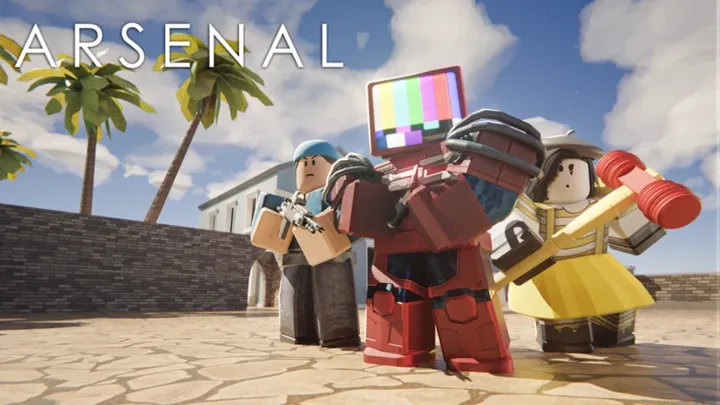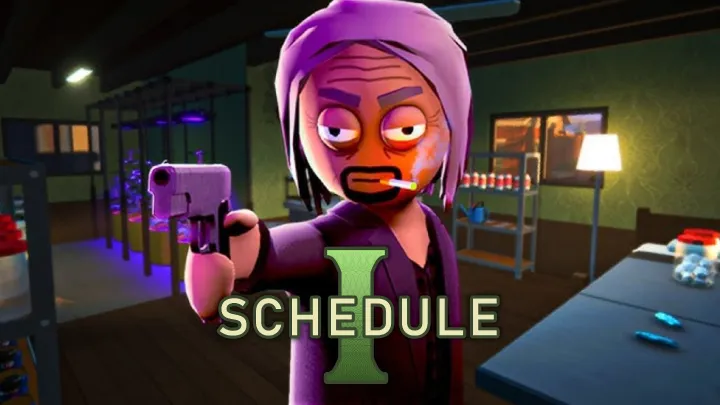Introduction
"Dispatch" is a unique simulation and strategy game that immerses players in the fast-paced world of emergency services. Developed by a passionate indie studio, the game challenges players to manage crises, coordinate teams, and respond to disasters in real time. With its engaging mechanics, intuitive design, and a strong emphasis on strategy, "Dispatch" stands out as a compelling entry in the genre. This review aims to provide a comprehensive analysis of the game's mechanics, visuals, audio design, narrative elements, and its overall impact on the gaming community.
Gameplay Mechanics
Core Gameplay Loop
At its core, "Dispatch" revolves around managing an emergency response team, where players must react quickly and strategically to various situations. The gameplay loop consists of several key components:
- Situation Assessment: Players receive alerts about emergencies, ranging from medical emergencies to natural disasters. The first step involves assessing the situation, determining the severity, and deciding how to respond.
- Resource Allocation: Players must manage limited resources effectively, including personnel, vehicles, and medical supplies. Deciding which units to dispatch and where to allocate resources requires strategic thinking and foresight.
- Real-Time Decision Making: As emergencies unfold, players must make quick decisions to adapt to changing circumstances. This dynamic aspect of gameplay adds an element of tension and excitement, as every second counts.
- Team Management: Players have the opportunity to recruit, train, and manage a diverse team of emergency responders. Each team member has unique skills and attributes, allowing for strategic deployment based on the nature of the emergency.
Mission Structure
"Dispatch" features a variety of missions that challenge players with different scenarios and objectives. These missions can range from responding to a single medical emergency to managing large-scale disasters, such as earthquakes or floods. Each mission is designed to test players' strategic thinking and resource management skills.
- Progression System: Completing missions rewards players with experience points, unlocking new equipment, upgrades, and team members. This progression system encourages players to improve their strategies and adapt to increasingly complex challenges.
- Dynamic Events: The game includes random events and challenges that can impact ongoing missions, adding unpredictability and requiring players to think on their feet.
Strategy and Depth
The strategic depth of "Dispatch" is one of its standout features. Players must consider various factors when responding to emergencies, including:
- Terrain and Environment: The layout of the map can influence response times and the effectiveness of certain strategies. Players must navigate obstacles and consider the best routes for their units.
- Public Relations: Managing public perception and maintaining trust in the emergency services is crucial. Players must balance effective crisis management with communication strategies to keep the public informed and calm.
- Team Dynamics: Understanding the strengths and weaknesses of team members allows players to create effective strategies for different types of emergencies. Building a well-rounded team is essential for success.
Visuals and Art Style
Graphics
"Dispatch" features a clean and stylized art style that strikes a balance between realism and accessibility. The graphics are designed to be visually appealing while maintaining clarity, ensuring players can easily understand the game mechanics.
- Map Design: The game’s map is detailed and interactive, showcasing various environments where emergencies can occur. The design incorporates urban and rural settings, each presenting unique challenges.
- Character Design: The character models are well-designed, with distinct uniforms and attributes that reflect their roles within the emergency services. This attention to detail enhances immersion and allows players to connect with their team.
User Interface
The user interface (UI) is intuitive and user-friendly, providing players with easy access to important information. Key aspects include:
- Information Display: Critical information about emergencies, team status, and resources is presented clearly, allowing players to make informed decisions quickly.
- Control Mechanics: The controls are responsive and designed for quick navigation, enabling players to manage their teams efficiently during high-pressure situations.
Audio Design
Sound Effects
The audio design in "Dispatch" significantly contributes to the immersive experience. Well-crafted sound effects enhance gameplay, providing auditory feedback for various actions and events.
- Emergency Sounds: The game features realistic sound effects for sirens, radio communications, and emergency equipment, immersing players in the urgency of the situations they face.
- Ambient Sounds: Background sounds, such as crowds reacting to emergencies or environmental noises, help create a lively atmosphere that reflects the chaos of emergency response.
Music
The soundtrack of "Dispatch" complements the gameplay, featuring dynamic music that adapts to the intensity of the situation. The music builds tension during critical moments and shifts to a more subdued tone during quieter periods, enhancing the overall experience.
Narrative and Lore
While "Dispatch" primarily focuses on gameplay mechanics, it also incorporates narrative elements that enrich the experience:
- Character Backstories: Each team member has a unique backstory and personality, adding depth to the gameplay. Players can form emotional connections with their team, making decisions more impactful.
- Community Engagement: The game emphasizes the importance of community and teamwork in emergency response. Players are encouraged to foster relationships with the public and other organizations to enhance their effectiveness.
Challenges and Tension
"Dispatch" provides a balanced mix of challenges and rewards, creating an engaging experience:
- Time Management: Players must juggle multiple emergencies simultaneously, requiring effective time management and prioritization skills.
- Dynamic Situations: The unpredictable nature of emergencies adds tension, as players must adapt their strategies based on evolving circumstances.
Criticisms and Areas for Improvement
Depth of Content
While "Dispatch" offers a compelling gameplay experience, some players may find the content limited over time. Expanding the variety of emergencies and mission types could enhance replayability and keep players engaged.
AI Behavior
The behavior of AI-controlled team members could be improved to enhance realism. Occasionally, AI may make suboptimal decisions, which can lead to frustrating situations for players. Refining AI responsiveness and decision-making would enhance the overall experience.
Tutorial and Onboarding
New players may find the initial learning curve steep. While the game offers tutorials, a more comprehensive onboarding process could help players grasp the mechanics more effectively and enjoy the game from the start.
Future Prospects
Updates and Expansions
The potential for future updates and expansions is promising. Developers could introduce new scenarios, equipment, and team members to keep the experience fresh and engaging.
Community Engagement
Encouraging community feedback and engagement could lead to improvements and new content based on player suggestions. Hosting events or challenges could foster a sense of community among players.
Conclusion
"Dispatch" is a unique and engaging simulation game that successfully combines strategy, crisis management, and team dynamics. Its intuitive gameplay mechanics, immersive visuals, and dynamic audio design create a compelling experience that keeps players on the edge of their seats. While there are areas for improvement, such as content depth and AI behavior, the game stands out as a testament to the potential of indie game development.
As players navigate the challenges of emergency response, they will discover a rewarding experience that highlights the importance of teamwork, strategy, and quick decision-making. "Dispatch" not only offers an engaging gameplay experience but also invites players to reflect on the real-world challenges faced by emergency services, making it a meaningful addition to the simulation genre. Whether you are a strategy enthusiast or someone looking for a unique gaming experience, "Dispatch" provides an unforgettable journey through the high-stakes world of emergency management.



